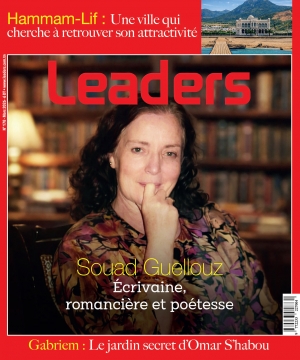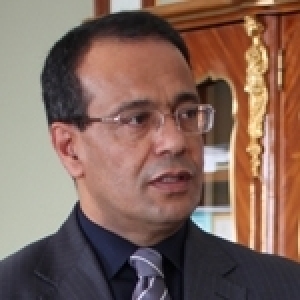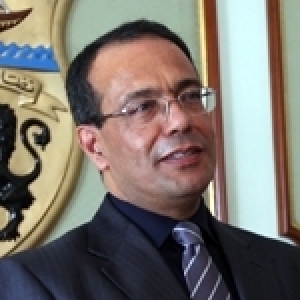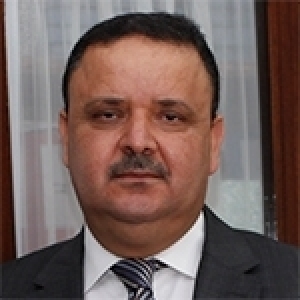Notes & Docs - 28.01.2016
Ridha Ben Mosbah : Tunisia - We know. This has to change!
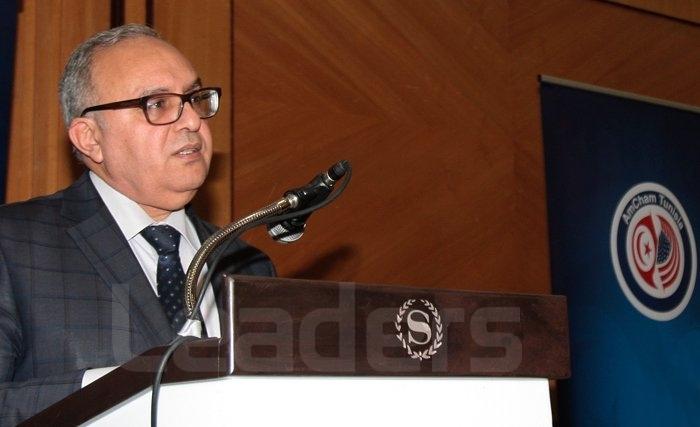
We are now five years after the revolution. A lot of efforts have been deployed by the Tunisian people and a lot has been achieved, since then.
We are certainly proud of our successful political transition, one that laid the ground for the first democracy in the Arab world.
However, our country still faces some of the same daunting challenges that triggered the revolution in 2010, with an additional layer of complication: security!
Unemployment remains high, especially among youth, and regional disparities persist. With the public coffers exhausted and investment at insufficient levels, growth rate is hardly budging at all.
Underlying difficulties have also come to the fore causing a loss of competitiveness and market share, as well as significant budget and balance of payments deficits.
Two other features of the spectrum of difficulties Tunisia is facing today, are the volatile geopolitical regional context and the relatively difficult international economic environment.
This makes it very hard for our economy and our society to cope with the legacy bequeathed to us with rising inequalities, and a loss of trust in the institutions.
It is no wonder, then, that confidence is at such a low ebb. The Tunisian People do not want "more of the same". They want a new start!
In this context, we sought to put the economy back at the centre of the transition and more importantly, to put the Tunisian people at the centre of the economy!
Since it was sworn in, our government has been working on seeking appropriate solutions for security, economic and social emergencies, while launching, simultaneously, a deep reflection on a new growth pattern that is balanced, sustainable and inclusive.
Our attention went first to:
1. Accelerating and deepening the ongoing structural reforms, mainly:
a. Restructuring the State Owned Banks and reforming the financial sector;
b. Reforming the tax system, the customs and the code of exchange;
c. Reforming the food and fuel subsidies system; and
d. Reforming our State Owned Enterprises.
2. Materializing our new social deal through the signing of a three-year agreement for general wage increases in the public and recently the private sector and the establishment of the National Council for Social Dialogue.
3. Improving the business climate through:
a. The adoption of a set of new laws on (i) competition, (ii) Public-Private Partnerships, and (iii) renewable energy production.
b. The completion of work on (i) the new investment code, (ii) the new banking law and (iii) the new bankruptcy law that were submitted to Parliament;
c. The acceleration of ongoing administrative simplification efforts through the "administrative and regulatory guillotine".
4. Initiating the decentralization process conferring more powers and prerogatives to regions and local authorities.
All these elements have also been taken up in details within the orientation note of the Strategic Development Plan for the next five years - 2016-2020.
This new Plan aims at promoting more inclusive growth and will include structural reforms and policies that pay attention to equity and fairness, not at the end of the chain, but from the very outset.
For example, the education system is an essential consideration, one that is key for promoting access to quality learning from early childhood, and for offering a broader range of opportunities and skills – emotional and social as well as cognitive skills – to the most disadvantaged groups (women, young people, or simply people with few gifts and little training).
Productivity, together with inequality, probably remains the most pressing and important issue facing our society, and I won’t exaggerate if I would say “our societies”. But we must understand that higher productivity is only a necessary, and not a sufficient, condition for raising living standards. That productivity must be inclusive.
This new approach to productivity must also be sustainable and respectful of the environment, ensuring that "green" and "growth" go hand-in-hand.
It is also - and foremost - about making the labour market more inclusive and resilient. But this is not just about numbers, it’s about opportunities. Countries will stand or fall depending on their results on the labour market. And good results will require a multidimensional approach.
All these aspects are the corner stones of our reflection on the Five-Year Strategic Plan, which should indicate our new path of socio-economic development.
If we get this right, we’ll see the good results in the labour market. If we get this right, we’ll see more productivity, more inclusiveness, stronger and more sustainable growth and broad-based wellbeing.
Like never before, we have to rely on ourselves to consolidate and to protect our nascent democracy and to make sure “it delivers”.
It is true that the confidence and hopes of Tunisians have been shaken over the past five years. The recent events are certainly an aspect of this truth.
We know. The confidence and hopes of Tunisians need to be rebuilt!
The support of our friends and partners will be essential in this undertaking.
And the message that I wish to convey to you today is that a lot more can and should be done in and for Tunisia.
The business, partnership and investment potentials in Tunisia are real and promising.
We are, of course, aware of the difficulties the private sector is facing today. We are, in fact, in constant contact with this community, as you can see today!
It is no secret that the Tunisian administration has suffered from an evasion of skills in recent years and that it still has to cope with a persisting rigidity of administrative procedures.
We know. This has to change!
We do believe that most of the reforms mentioned before, especially the ones on tax, customs and the code of exchange, combined with the investment we’re undertaking in better coordination, follow-up and delivery capacity of our administration will bear fruit very soon.
Our choice of pluralism and tolerance is irreversible. It is certainly not the easiest choice. However, we are convinced that it will pay off as it will forge a long-lasting deal, one that is, certainly, a key factor for future stability and shared prosperity!
Remarks by Ridha Ben Mosbah
Economic Advisor to the Head of Government
On “Challenges of the Tunisian Economy”
Lunch Debate of the AmCham Tunisia
Tunis, 28 January 2016
commenter cet article
0 Commentaires
- Ecrire un commentaire
- Commenter
Les + lus
01.02.2026
Les + commentés
18.02.2026
10.02.2026
23.11.2025




